International Qualified Teacher Status (iQTS)
The International Route to QTS for Inexperienced and Aspiring Teachers
Educational Success Partners are delighted to be working with the University of Sunderland to offer our teachers, and aspiring teachers access to QTS via the new DfE iQTS programme from September 2022. iQTS is a new 12-month International Teacher Training Programme from the UK Department for Education (DfE) enabling international teachers and teaching assistants to gain English QTS overseas.
We offer the University of Sunderland PGCE iQTS which is an internationally-recognised programme that leads to Qualified Teacher Status for England and Wales. This is recognised as an international gold standard for teaching and learning across the world. Graduates of this programme will automatically be awarded full English QTS on completion of their programme and will be eligible to complete Statutory ECT Induction (formerly NQT Induction) if working in a BSO accredited school, a Ministry of Defence school overseas or an eligible school in England.
This distance learning degree is ideal for teachers and other people working within international education institutions who want to quickly progress their careers. It may qualify you for more senior positions in teaching and educational management in international schools.

Who is iQTS for?
PGCE iQTS is suitable for candidates living outside the UK, including:
UK citizens currently working abroad who wish to start teacher training or develop their teaching career;
Non-UK citizens who wish to begin teacher training or build on existing teaching experience;
UK and non-UK teachers without QTS who wish to improve their employability in England and internationally with a UK government-backed and approved professional qualification.
The aims of iQTS
iQTS is designed to:
Make high quality training accessible around the world, allow trainees to benefit from evidence-based ITT and allow schools to develop local talent;
Increase the global pool of quality teachers and support global mobility within the teaching profession;
Allow teachers and teaching assistants worldwide to gain iQTS and subsequently full English QTS via International Initial Teacher Training.
iQTS is built on evidence-based English methods and standards of teacher training with contextualisation for the wide variety of settings trainees may be in.
iQTS Entry Requirements
To apply for iQTS you will need to have:
A bachelor’s degree, or equivalent, from a UK or non-UK university;
Achieved a standard equivalent to grade 4 in GCSE mathematics;
For teaching children aged 3 to 11 (equivalent to English primary school), achieved a standard equivalent to grade 4 in a GCSE science (biology, chemistry or physics) subject;
Demonstrated proficiency in the English language (you’ll need an IELTS score of 6.5 or higher, the equivalent score in another English language testing system, or to have completed some of your education in English, for example, a degree studied in English).
Programme Delivery
The PGCE iQTS course blends applied teaching theory and practice in three taught modules and one extended teaching practice module of 120 days. It has been developed so that it can be delivered to Primary ‘homeroom’ teachers (all subjects) and Secondary subject specialist teachers. It is a 36-week full-time course, completed in one academic year, which must be undertaken in an international setting.
Trainees on the programme will be working at or be able to source a placement in an international school setting. A second school placement will be required.
Two of the modules are research-based and at masters level, preparing participants for further postgraduate study which will qualify you for progression to Stage 2 of the Sunderland MA International Education or MA Education, both available as distance learning courses.
Programme Structure
The programme is split into two semesters and has four core modules. There is one taught module, two research modules, and one teaching practice module.
We use a wide variety of teaching methods with tasks including required reading, directed activities and self-assessments.
There are online discussion forums where trainees are invited to debate current issues relevant to the module content and, if you live close to other students on the course, we encourage you to form a study group.
The teaching practice is work-based and conducted entirely in a school that you have secured a placement at, or are currently working at. This is supported by a mentor and university staff.
We assess both the theoretical and practical elements of the course.
Assessment is through written assignments, a profile of evidence of teaching standards and observed teaching.
Why ESP and Sunderland?
The University of Sunderland is at the forefront of International Initial Teacher Training. Having developed the core PGCE Education programme over 20 years ago in one country, we now operate across the world in more than 60 countries.
The PGCE iQTS course provides guidance from expert tutors who have many years of experience as both teachers and academics, a combination that gives trainees a unique opportunity with which to explore and debate the complexities of education.
iQTS tutors will make on-site quality assurance visits or use live streaming observation so that all trainees will have the opportunity to engage in dialogic professional development with experienced practitioners.
Graduate from a UK university which has been training teachers for over 100 years.
Complete an iQTS course that allows you to automatically receive QTS once you have graduated.
Progress on to complete your ECT induction (if teaching in an eligible school).
Programme Price
The annual fee is £9,250.
A £1,000 deposit must be paid prior to the start of the course. This deposit is refundable up until the point of enrolment.
This information was correct at the time of publication.
Register interest in iQTS for the 2023-2024 academic year
To register interest in finding out more information on iQTS for 2023-2024 (when available) click here.
